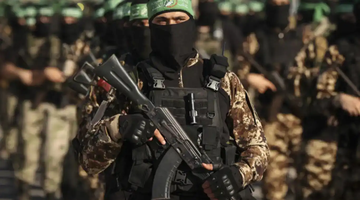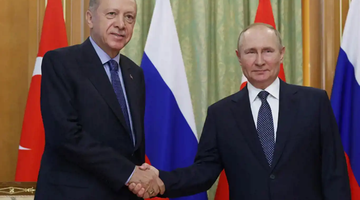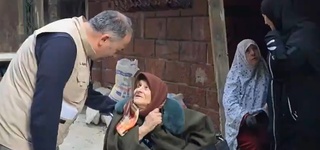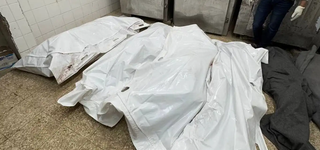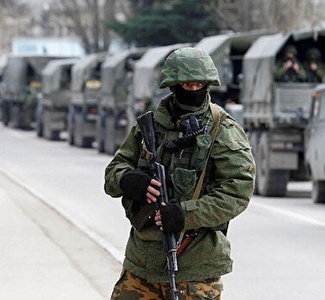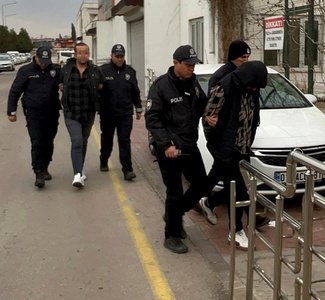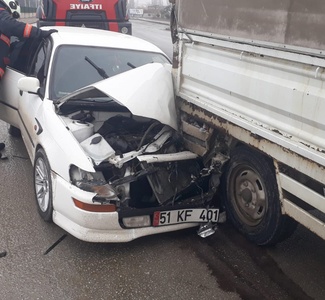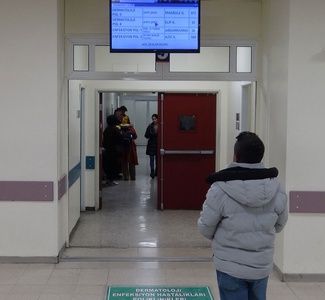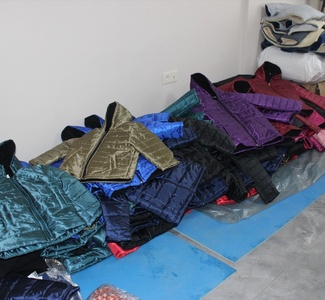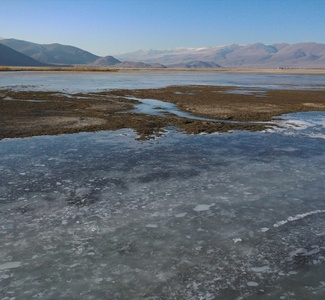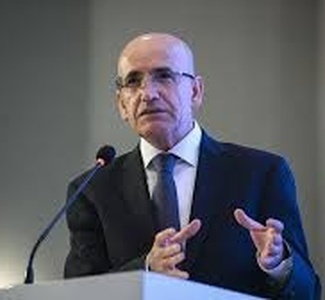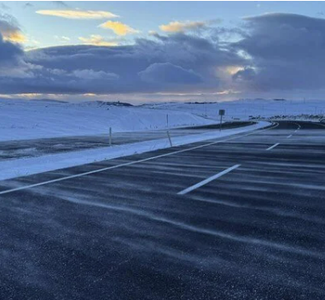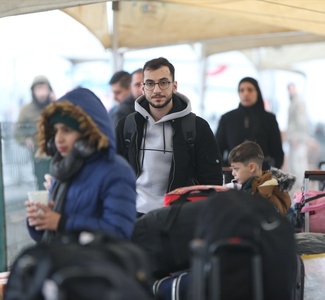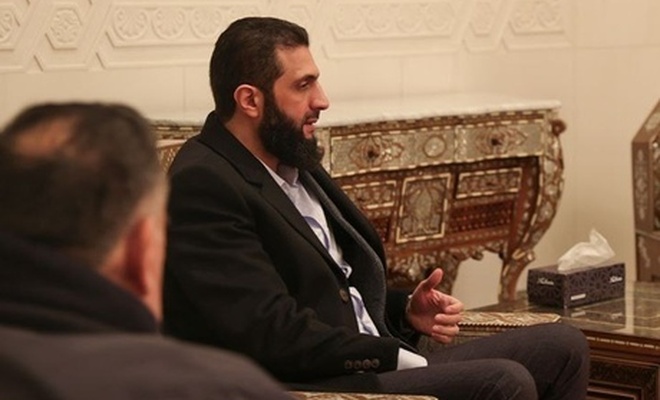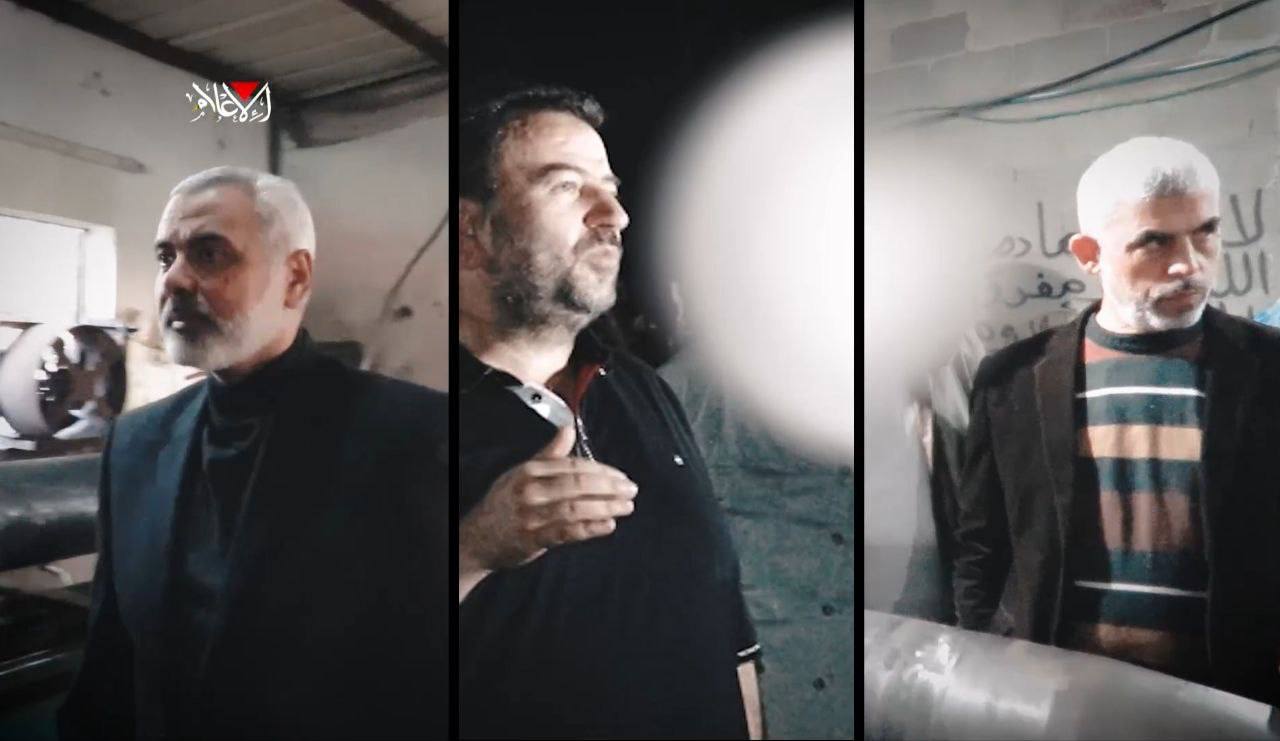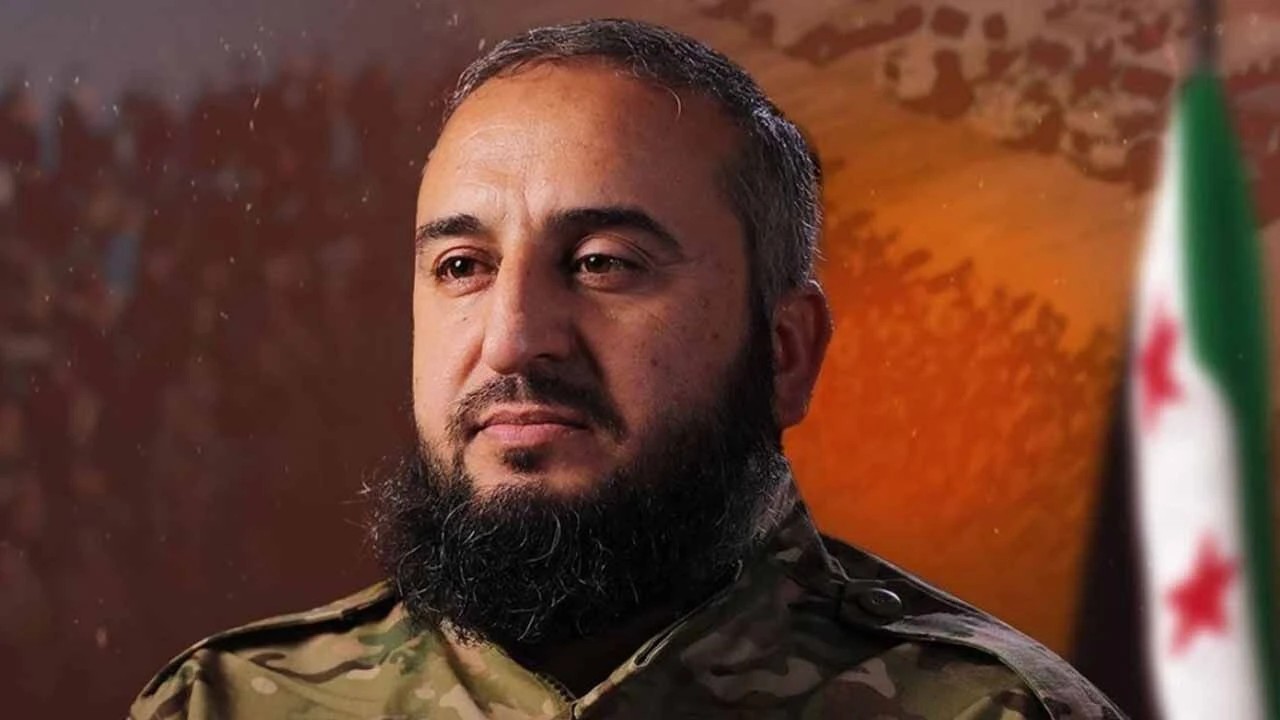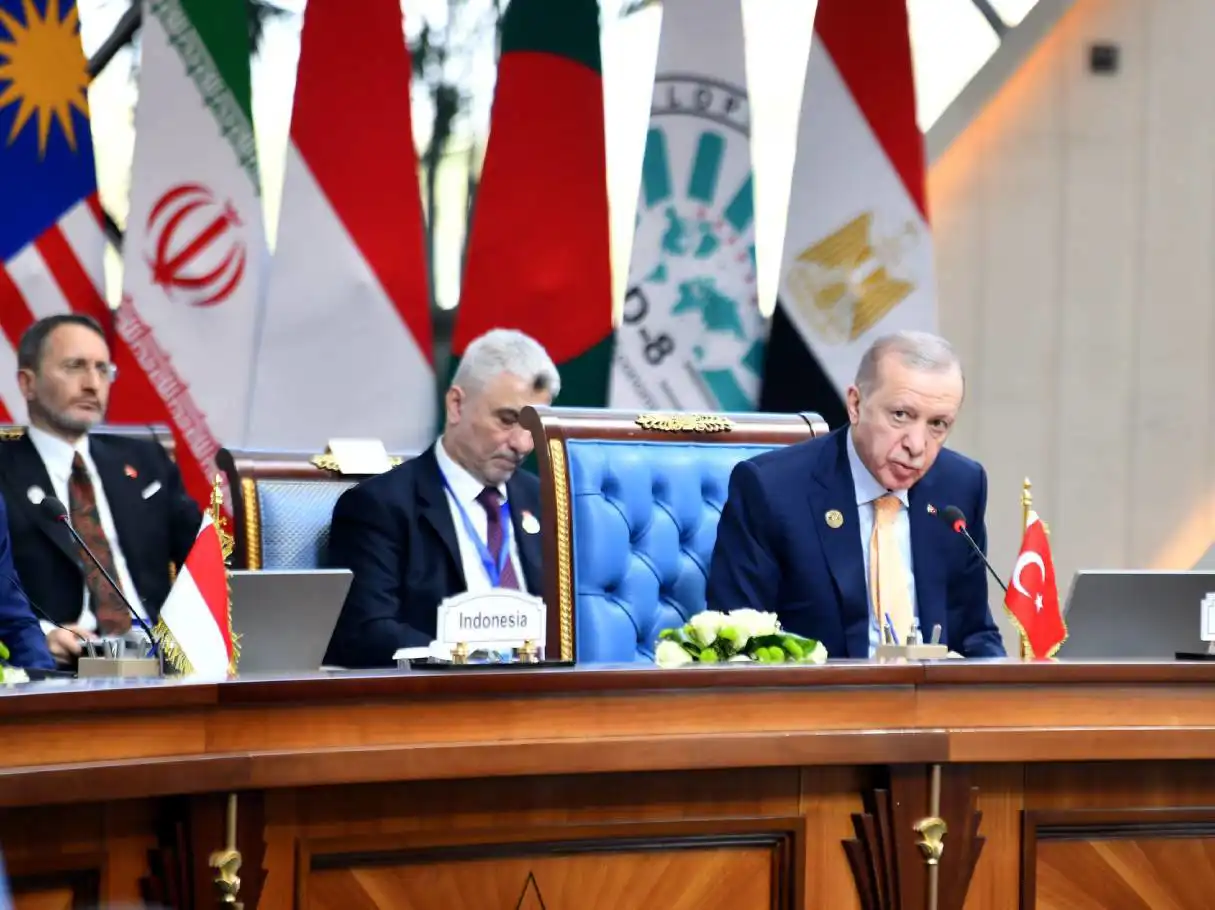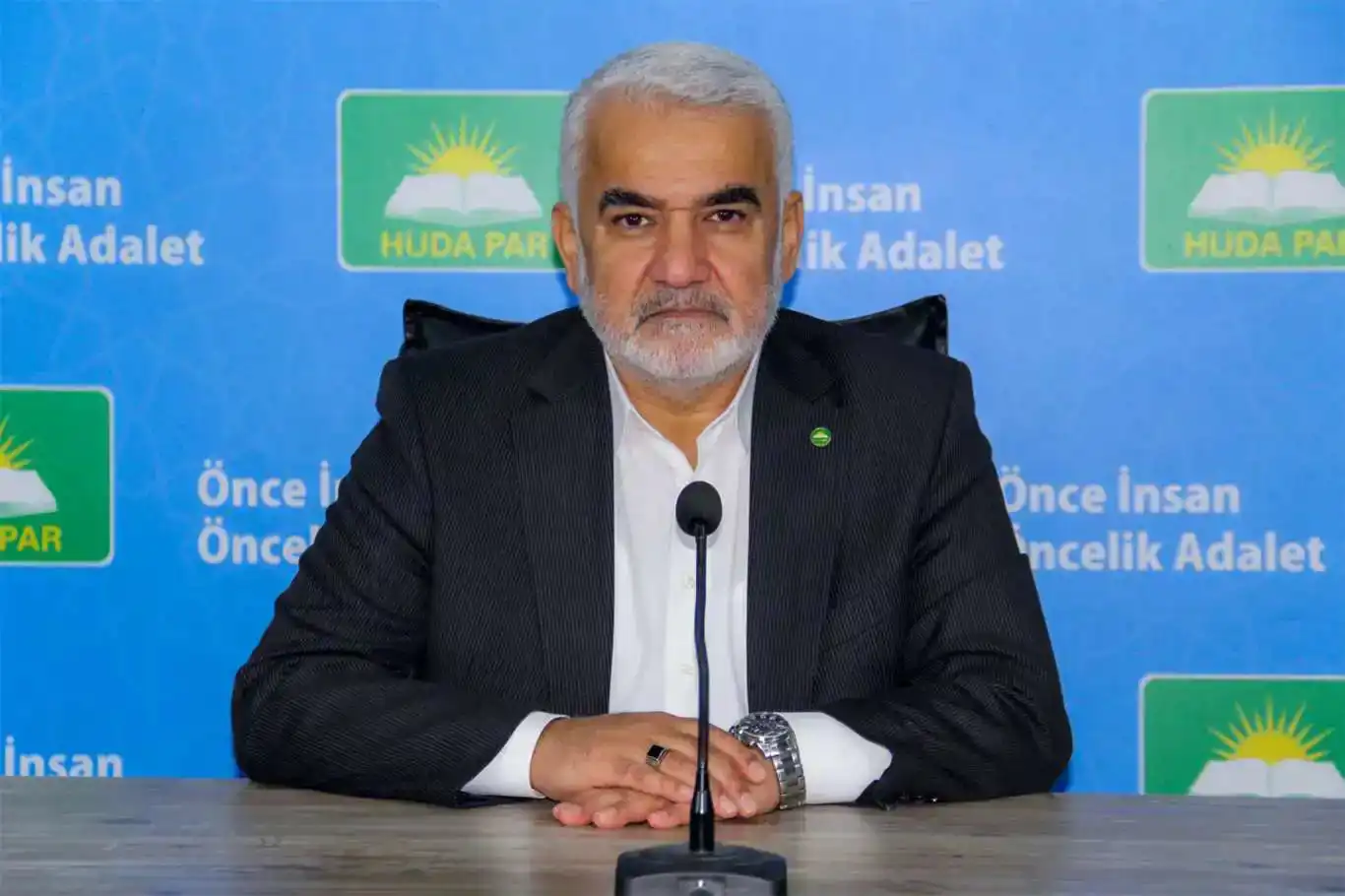Abu Obeida: Operation Al-Aqsa Flood dealt major blow to Israeli forces
Abu Obeida, the spokesperson for the Al-Qassam Brigades, delivered a forceful speech on the first anniversary of Al Aqsa Operation, recounting the significance of the operation against Israeli forces.
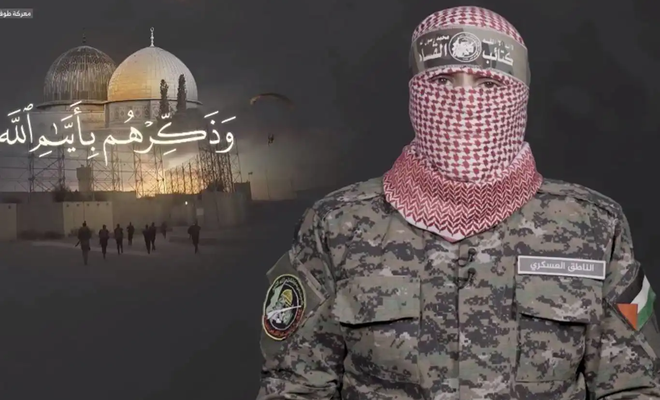
 Google News'te Doğruhaber'e abone olun.
Google News'te Doğruhaber'e abone olun. Describing the operation as "the most professional and successful commando operation in modern times," Abu Obeida praised the unprecedented coordination of Palestinian resistance forces and asserted that this operation represented a critical turning point in the conflict with Israel.
Abu Obeida framed the events of October 7, 2023, as a preemptive strike that caught Israeli forces off guard, noting that the resistance thwarted a major Israeli offensive that had been in its final planning stages. This battle, he said, was not only a response to Israel’s military actions but also to the increasing expansion of Israeli settlements, the “Judaization” of Palestinian lands, and harsh treatment of Palestinian prisoners. The spokesman positioned the operation as a defense of Palestinian sovereignty and dignity in the face of ongoing Israeli aggression.
“We killed and wounded thousands of enemy soldiers and put hundreds of military vehicles out of service,” Abu Obeida declared, underscoring the military impact of the operation. However, the spokesperson also acknowledged the hardships faced by the Palestinian people, citing their “legendary” resilience despite the betrayals from neighboring countries, the complicity of regional regimes, and the overwhelming force used by Israel and its allies.
Throughout his speech, Abu Obeida emphasized the continued determination of Palestinian fighters in Gaza, describing the struggle as an “unequal battle” against an enemy that commits severe crimes without hesitation. Despite these challenges, he claimed the Israeli military’s image has been severely damaged, and the Zionist regime now faces international isolation. According to him, the occupation has been draining its own security and defense capabilities, suffering economic losses, and forcing its citizens into displacement.
The Qassam spokesperson also made clear his view of Israel’s dependence on U.S. support, calling the Israeli state “nothing but the usual ropes of the American administration, which will undoubtedly be cut with the passage of time.” This statement highlighted the resistance's long-term strategy of eroding Israeli power through persistent military, economic, and symbolic pressure.
Abu Obeida extended his praise to the support fronts in Lebanon, Yemen, and Iraq, asserting that these regions have contributed to the struggle against Israel. He pointed to drones from Yemen and Iraq striking Israeli targets and praised popular movements in these countries for showing solidarity with Palestine. The spokesman’s remarks reflected the broader regional dynamics, positioning the Palestinian cause as part of a larger anti-imperialist and anti-colonial struggle involving other Middle Eastern actors.
Moreover, he called on scholars from the Islamic world to raise awareness about the plight of Palestinians and the importance of resistance against Israeli occupation, urging a united campaign across the Arab, Islamic, and international communities to support the Palestinian people.
Addressing the Israeli prisoners held by Hamas, Abu Obeida affirmed that efforts have been made to ensure their safety, especially in light of ongoing clashes. However, he warned that these prisoners face increasing risks, hinting at the possibility of further incidents like the one in Rafah, where six Israeli prisoners died in crossfire. The responsibility for the fate of these prisoners, he claimed, lies squarely with the Israeli government under Prime Minister Benjamin Netanyahu.
Abu Obeida hinted at the potential for the prisoner issue to become more complicated in the future, suggesting that it could enter a “dark tunnel” unless Israel changes its approach.
Finally, Abu Obeida called for intensified resistance in the West Bank, urging Palestinians to respond to the “brutality” of Israeli military actions. He referred to recent operations, such as the Jaffa attack, as precursors to more violent and coordinated actions in the near future. His warning that “what is coming is more bitter and harsh” suggests that Palestinian factions are preparing for escalated conflict and sustained resistance efforts across multiple fronts.
Abu Obeida’s speech marks a significant moment in the ongoing conflict between Israel and Palestinian resistance factions. It not only highlights the operational successes of the past year but also reinforces the narrative of defiance against Israeli occupation. His message is one of both determination and caution, rallying Palestinians and their allies while simultaneously acknowledging the profound risks and challenges that lie ahead in the continued struggle. (ILKHA)




























